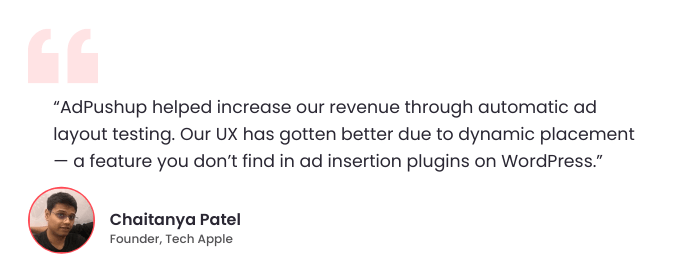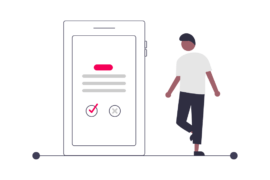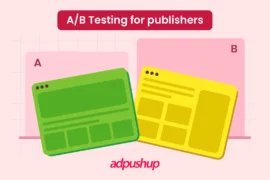The field of Human Resources (HR) has undergone significant transformations in recent years, and one of the most impactful catalysts has been the integration of Artificial Intelligence (AI).
AI technology is revolutionizing HR processes, offering new opportunities to streamline operations, enhance decision-making, and optimize employee experiences.
In this article, we will explore the ways in which AI is reshaping the HR industry and the benefits it brings to organizations.
AI-Driven Recruitment and Talent Acquisition
Finding and attracting top talent has long been a challenge for HR professionals. However, with the advent of AI recruiting software, recruitment and talent acquisition processes have become more efficient and effective.
AI-powered tools can sift through vast amounts of data to identify potential candidates, analyze well-structured resumes, and even conduct preliminary interviews. These systems can assess applicants based on predefined criteria, helping HR teams identify the most suitable candidates for specific roles. To increase their chances of passing AI screening, candidates can use resume templates to ensure their resumes are well-structured, formatted correctly, and optimized for applicant tracking systems. By automating repetitive tasks, AI frees up HR professionals’ time, allowing them to focus on more strategic activities such as building relationships with candidates and conducting in-depth interviews.
The employees can also generate a customized sequence of messages as well. This can drastically improve their response rates as the messages will be customized for every candidate individually. AI tools also possess the power of domain-specific knowledge which allows them to specially generate interview questions for the candidates. Some of the tools that can help in performing such functions and eliminate human biases are Paradox and Hirevue.
Enhanced Employee Experience
AI is revolutionizing the employee experience by providing personalized solutions and support. Chatbots and virtual assistants powered by AI algorithms can address employees’ queries, provide guidance on HR policies and procedures, and offer on-demand assistance. Furthermore, AI algorithms can analyze employee data to identify patterns and make predictions about employee engagement, job satisfaction, and potential attrition.
This enables HR professionals to proactively intervene and take steps to enhance employee experiences, increase retention, and improve overall employee satisfaction. One of the leading tools available in this space is leena.ai, which has been known for building exceptional employee experiences along with automated feedback.
Data-Driven Decision Making
AI enables HR professionals to make data-driven decisions by providing powerful analytics capabilities. With the help of HR analytics software, AI algorithms can analyze vast amounts of HR data, including employee performance metrics, training records, and feedback, to identify patterns and correlations.
This information can help HR teams identify skill gaps, develop targeted training programs, and make informed decisions about promotions, transfers, and succession planning.
Moreover, AI-driven analytics can assist in identifying trends related to employee well-being, such as stress levels or burnout indicators, allowing HR professionals to implement timely interventions and support programs. One of the most prominent tools in this space is IBM workforce planning, which is known to streamline the tasks mentioned above.

Bias Mitigation and Fairness
Unconscious bias has long plagued HR processes, leading to unfair treatment and discriminatory practices. AI has the potential to address this challenge by minimizing bias in decision-making. By relying on objective algorithms, AI systems can analyze candidate qualifications, performance metrics, and other relevant data points without being influenced by personal biases.
However, it’s essential to acknowledge that AI algorithms are only as unbiased as the data they are trained on. HR professionals must ensure that the training data used to develop AI models is diverse, representative, and free from bias to achieve fair and equitable outcomes.
Conclusion
Artificial Intelligence is reshaping the HR industry, providing numerous benefits to organizations and employees alike. From revolutionizing recruitment processes and enhancing the employee experience to enabling data-driven decision-making and mitigating bias, AI is transforming HR operations. However, it’s crucial to strike a balance between the use of AI technology and the human touch.
While AI offers significant advantages, human judgment and empathy remain essential in creating a harmonious and inclusive work environment. The future of HR lies in harnessing the power of AI while upholding human-centric values.




